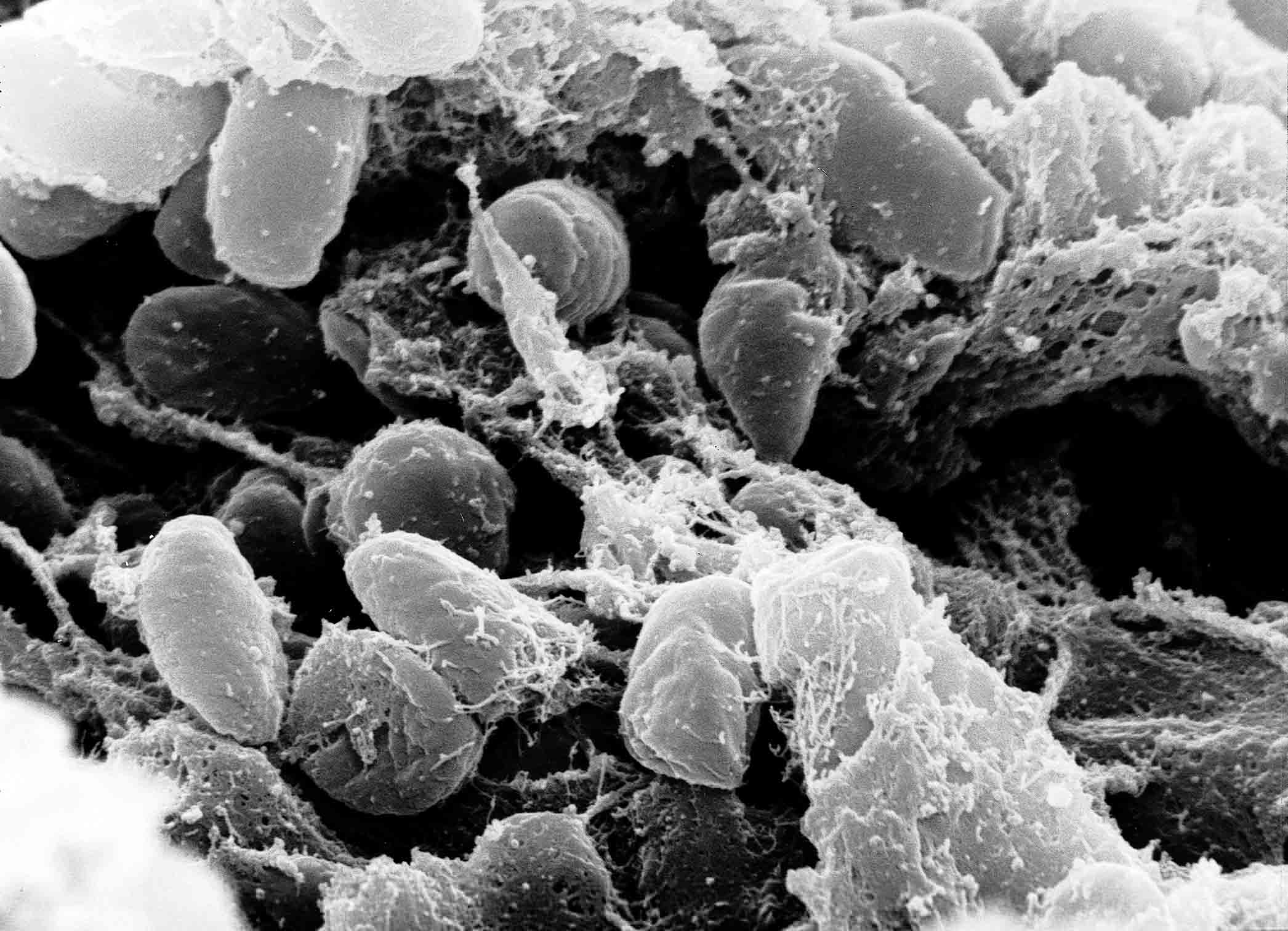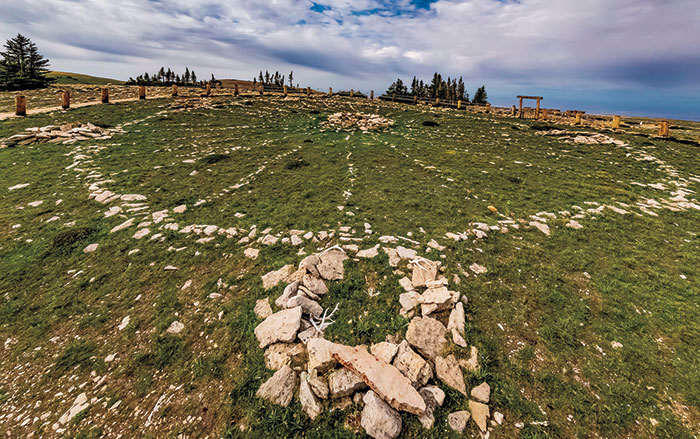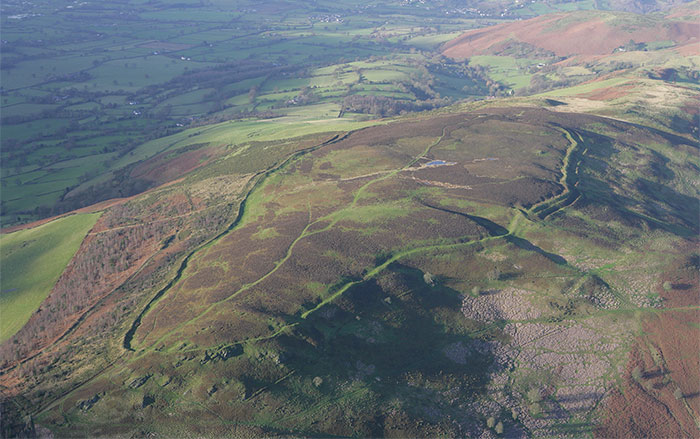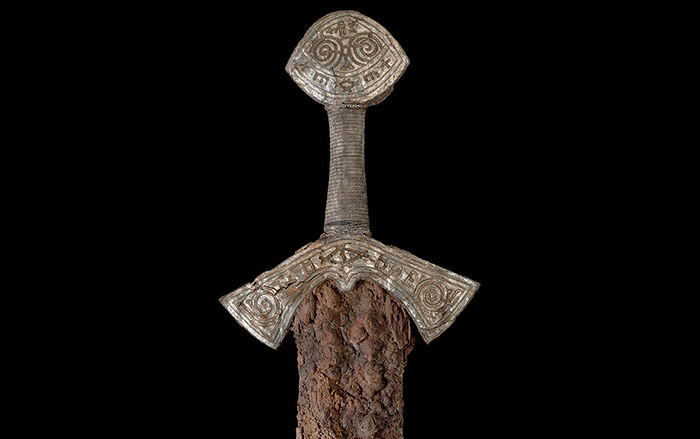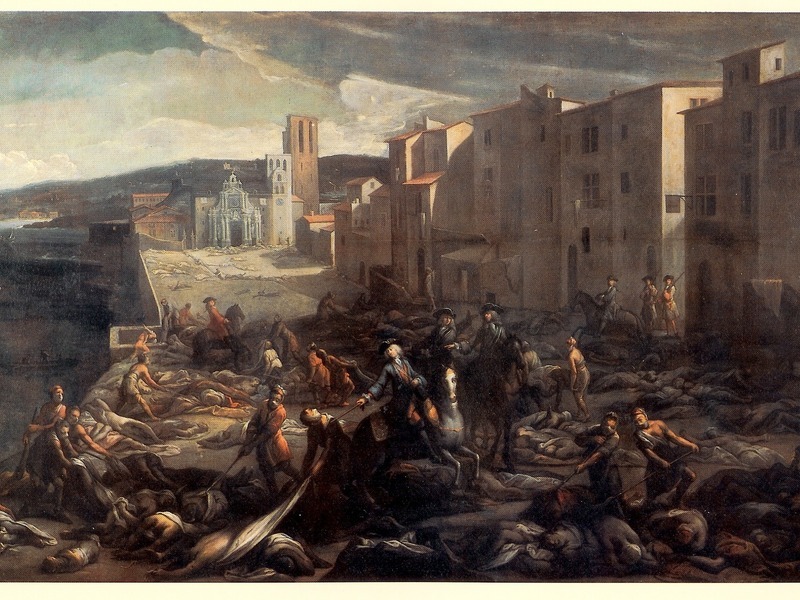
MARSEILLE, FRANCE—Researchers have reconstructed the genome of the Yersinia pestis pathogen that caused the Great Plague of Marseille, which lasted from 1720 to 1722. According to a press release from Max Planck Institute (MPI) for the Science of Human History in Jena, Germany, the team was able to isolate the pathogen's DNA from teeth excavated from mass burials dating to the time of the plague. To their surprise, the eighteenth-century plague was a form that is no longer circulating, and seems to descend directly from the Black Death, the disease that wiped out up to 50 percent of Europe's population in the fourteenth century. At this point the team has not pinpointed the geographical source of the Marseille plague, but they suspect the disease was lurking in Europe for several hundred years. “It’s a chilling thought that plague might have once been hiding right around the corner throughout Europe, living in a host which is not known to us yet,” says Johannes Krause, director of the Department of Archaeogenetics at the MPI in Jena. “Future work might help us to identify the mysterious host species, its range, and the reason for its disappearance.” To read about another plague outbreak in France, go to “A Parisian Plague.”



